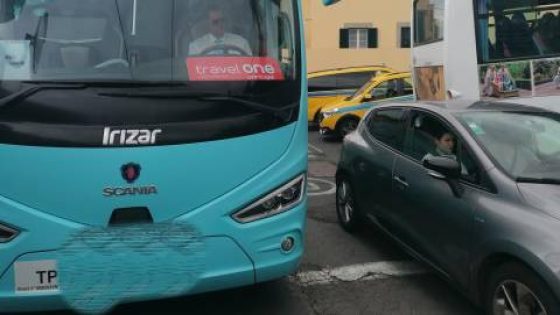The Catalan Traffic Service has announced a ban on daytime construction work on the C-17 to prevent traffic congestion in Barcelona. Starting February 26, this measure aims to ensure smooth traffic flow during peak hours. Will this help ease the daily commute for thousands of drivers?
- Public works banned on C-17 during weekdays
- Restrictions effective from February 26
- Heavy vehicles limited to 80 km/h
- Additional lane access limited to light vehicles
- Duotrailers face strict circulation rules
- Urgent maintenance works exempt from restrictions
New Traffic Regulations on C-17 to Ease Congestion in Barcelona
This new regulation comes as a relief for commuters. Why is it essential to manage roadwork during high-traffic times? The goal is to minimize delays and improve overall travel experiences for residents and visitors alike.
Restrictions on Heavy Vehicles and Road Safety Measures
In addition to the construction ban, the Catalan authorities are reintroducing restrictions on heavy vehicles to enhance road safety. These measures are designed to ensure that larger vehicles do not contribute to traffic delays during peak hours. Here’s what you need to know:
- Heavy vehicles must adhere to a speed limit of 80 km/h.
- They are required to stay in the right lane during specific hours.
- Restrictions apply during special traffic operations.
- Duotràilers will not be allowed on certain days and times.
Understanding the Impact of Traffic Regulations on Daily Commutes
Traffic regulations like these play a vital role in urban planning. They help reduce congestion and enhance safety for all road users. By limiting construction during busy hours, authorities aim to create a more efficient transport network. How do these measures compare to traffic management strategies in the US?
Safety First: New Guidelines for Heavy Vehicles on C-17
The implementation of speed limits and lane restrictions for heavy vehicles is a proactive approach to road safety. These guidelines are essential for preventing accidents and ensuring a smoother flow of traffic. As cities across the US grapple with similar issues, what lessons can be learned from Spain’s approach?
In conclusion, the new traffic regulations on the C-17 represent a significant step toward improving road safety and reducing congestion in Barcelona. As urban areas worldwide face similar challenges, these measures may serve as a model for effective traffic management.































